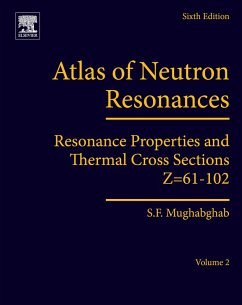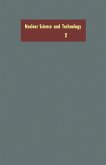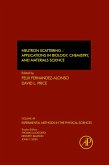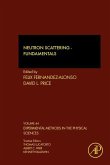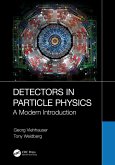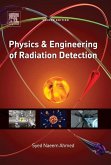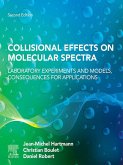As in the last edition, additional features have been added to appeal to a wider spectrum of users. These include: spin-dependent scattering lengths that are of interest to solid-state physicists, nuclear physicists and neutron evaluators; calculated and measured Maxwellian average 5-keV and 30-keV capture cross sections of importance to astrophysicists involved in nucleosynthesis modeling; s-, p-, and d- wave average radiative widths; nuclear level density parameters; and average fission widths derived from average fission cross sections.
- Provides a comparison of average resonance parameters with optical model calculations and with the generalized Landau-Fermi model
- Presents scattering radii for various partial waves from the analysis of total neutron cross sections in the keV to MeV energy region
- Includes a brief review of sub-threshold fission
- Features consistent treatment of average neutron parameters with values from the resolved resonance region
Dieser Download kann aus rechtlichen Gründen nur mit Rechnungsadresse in A, B, BG, CY, CZ, D, DK, EW, E, FIN, F, GR, HR, H, IRL, I, LT, L, LR, M, NL, PL, P, R, S, SLO, SK ausgeliefert werden.

